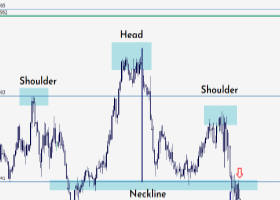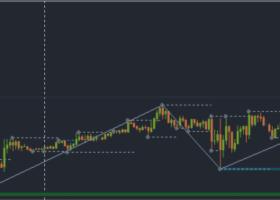West Texas Intermediate oil futures rebounded from the previous session's steep declines on Monday, amid indications U.S. oil drillers are cutting back on production following a collapse in prices over the summer.
Crude oil for delivery in November on the New York Mercantile Exchange jumped 73 cents, or 1.63%, to trade at $45.76 a barrel during European morning hours.
On Friday, Nymex oil prices plunged $2.18, or 4.62%, after the Federal Reserve’s downbeat assessment of the global economy hurt investor sentiment.
Industry research group Baker Hughes (NYSE:BHI) said late Friday that the number of rigs drilling for oil in the U.S. decreased by eight last week to 644, the third straight weekly decline.
Elsewhere, on the ICE Futures Exchange in London, Brent oil for November delivery tacked on 67 cents, or 1.41%, to trade at $48.14 a barrel.
Brent futures lost $1.61, or 3.28%, on Friday, as ongoing worries over the health of the global economy fueled concerns that a global supply glut may stick around for longer than anticipated.
Crude oil prices have been under heavy selling pressure in recent months, as ongoing concerns over a glut in world markets drove down prices.
Global oil production is outpacing demand following a boom in U.S. shale oil production and after a decision by the Organization of Petroleum Exporting Countries last year not to cut production.
Meanwhile, the spread between the Brent and the WTI crude contracts stood at $2.38 a barrel, compared to $2.45 by close of trade on Friday.
In the week ahead, investors will be turning their attention to Wednesday’s index of manufacturing activity from China and surveys on private sector activity from the euro zone for a fresh indication on the strength of the global economy.
Market players will also be focusing on U.S. durable goods data as well as reports on U.S. home sales to gauge the likelihood of a near-term interest rate hike



